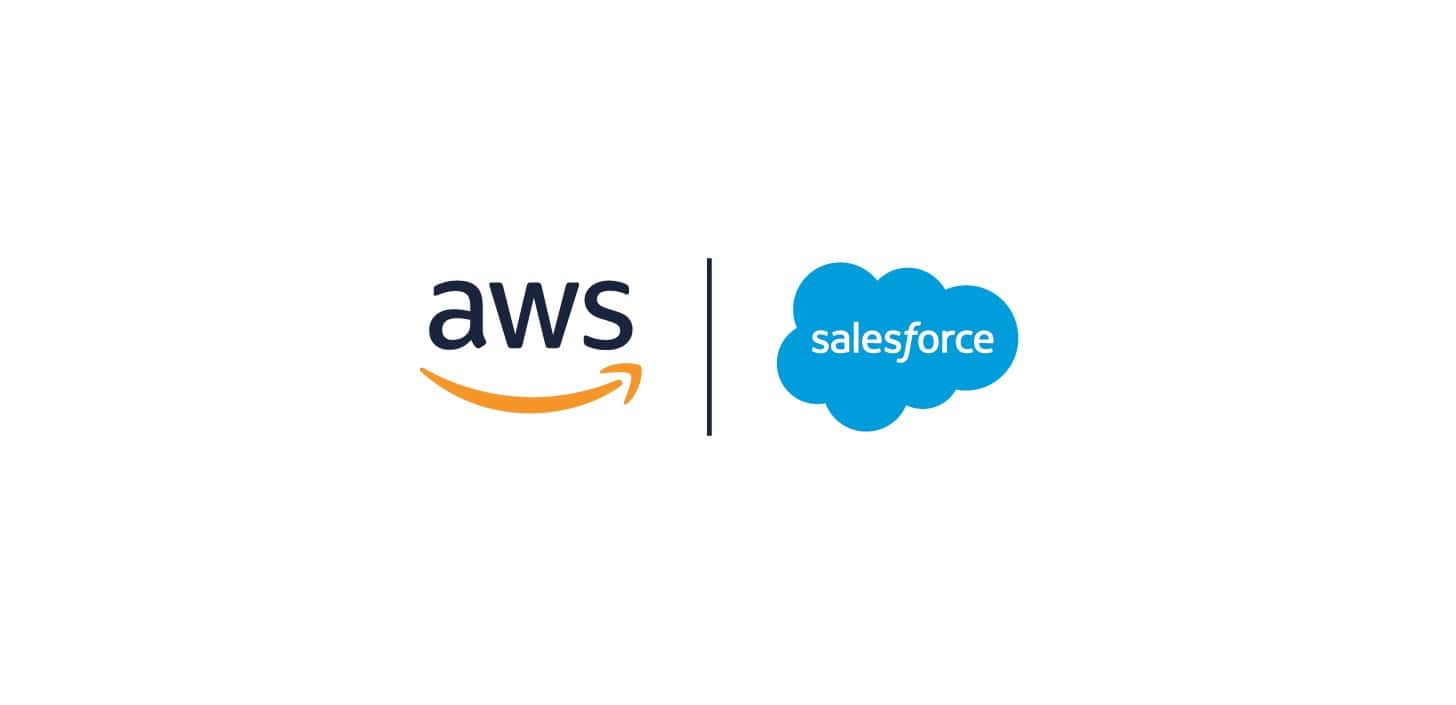Salesforce leans on AWS, sidelines Microsoft Azure and Google Cloud
3 min. read
Published on
Read our disclosure page to find out how can you help MSPoweruser sustain the editorial team Read more

In a landmark announcement at the AWS re:Invent event, Amazon Web Services (AWS), and Salesforce, the global leader in CRM, unveiled plans to significantly broaden their existing strategic alliance. This expansion will enhance product integrations in the realms of data and AI.
For the first time, a selection of Salesforce products will be available on the AWS Marketplace allowing customers to manage their data across both Salesforce and AWS securely and seamlessly. Find the details of the partnership below.
- For the first time, Salesforce will begin offering its products, including Data Cloud, Service Cloud, Sales Cloud, Industry Clouds, Tableau, MuleSoft, Platform, and Heroku, on the AWS Marketplace.
- AWS and Salesforce are making Data Cloud a comprehensive, flexible, and secure Software-as-a-Service (SaaS) data platform for their customers. New Zero-ETL (extract, transform, and load) integrations reduce the need for customers to build their own ETL pipelines between Data Cloud and AWS data services.
- Customers will be able to use Salesforce Prompt Builder to create custom prompt templates grounded in their data. Custom prompt templates can be sent to their preferred FMs, which will include leading models hosted on Amazon Bedrock.
- Deepening the Service Cloud Voice and Amazon Connect integration, Salesforce and AWS are bringing Amazon Connect Chat to Service Cloud Digital Engagement and Amazon Connect forecasting, capacity planning, and agent scheduling to enhance the Salesforce Service Cloud Omnichannel supervisor experience.
- Salesforce is working with AWS to reimagine Heroku as the Platform-as-a-Service (PaaS) layer (available in the first half of 2024) for development of AI-first apps across Salesforce and AWS. Heroku will fortify its Dyno compute functionality by using the most powerful and cost-effective infrastructure from AWS, including accelerated Amazon EC2 instances powered by Nvidia GPUs, AWS Trainium, and AWS Inferentia for machine learning (ML) training and inference, along with additional GPU-optimized EC2 instances for graphics-intensive applications. They will also use AWS Graviton-based EC2 instances for the best price-performance compute.
The partnership between Salesforce and AWS is a strategic decision that has been influenced by several factors including the existing relationship. Salesforce and AWS have a long-standing relationship. Salesforce runs the majority of their public cloud workloads in AWS, and Amazon relies on Salesforce across various businesses to enhance customer relationships.
While Microsoft Azure and Google Cloud are also major players in the cloud services market, the specific reasons why Salesforce chose to partner with AWS over them are not explicitly stated. However, the factors mentioned above likely played a significant role in Salesforce’s decision to expand their strategic partnership with AWS.
“Salesforce and AWS make it easy for developers to securely access and leverage data and generative AI technologies to drive rapid transformation for their organizations and industries,” said Adam Selipsky, CEO, AWS. “With this expanded partnership, our joint customers gain powerful new ways to innovate, collaborate, and build more customer-focused applications using the broadest and deepest set of cloud services.”








User forum
0 messages